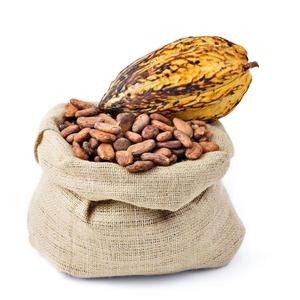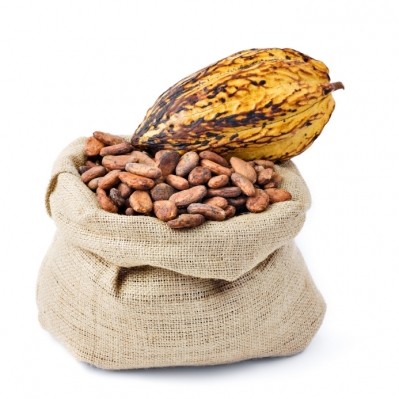Systematic review: Chocolate can reduce heart disease risk by a third

The review highlighted seven studies with more than 100,000 participants and concluded that while more studies were required, “levels of chocolate consumption seem to be associated with a substantial reduction in the risk of cardiometabolic disorders.”
“The highest levels of chocolate consumption were associated with a 37% reduction in cardiovascular disease (relative risk 0.63 (95% confidence interval 0.44 to 0.90)) and a 29% reduction in stroke compared with the lowest levels.”
They suggested chocolate consumption could be a viable means to reduce heart disease and metabolic syndrome rates, especially if products could be formulated with lower fat and sugar content, which they warned of.
The heart disease effect was down to the polyphenol content of dark or milk chocolate including chocolate bars, drinks, biscuits and desserts, they suggested.
“These favourable effects seem mainly mediated by the high content of polyphenols present in cocoa products and probably accrued through increasing the bioavailability of nitric oxide, which subsequently might lead to improvements in endothelial function, reductions in platelet function, and additional beneficial effects on blood pressure, insulin resistance, and blood lipids,” they wrote.
The researchers said their work represented the first time studies had assessed, “the different existing studies that evaluated the associations of chocolate consumption with cardiometabolic events.”
The nascent state of chocolate-heart research was the reason for this they said, noting four of the seven selected studies were published in 2010.
Developing world potential
The researchers found the prevalence of cacao crops in the developing world meant chocolate could be utilised there more to mitigate increasing rates of heart disease.
“…considering the acceptability and popularity of chocolate, the applicability of its consumption as a recommendation might suit multiple populations. This would be particularly relevant in developing countries, where most of the cacao plantations and production sites are locate…”
“Chocolate could therefore provide a natural, convenient, and generally welcome prophylactic against the growing epidemics of cardiometabolic disorders in developing countries.”
Experimental evidence will be needed
But they noted none of the selected trials were controlled, randomised studies with six cohort studies and a cross sectional study, and therefore offered the caveat: “We expect further studies will be done to confirm or refute the results of our analyses.”
“Of special importance, experimental evidence will be needed before any level of causality can be inferred from the existing findings, and residual confounding could be considered as a potential explanation for the associations observed.”
The findings were presented this morning at the European Society of Cardiology Congress in Paris.
The World Health Organization predicts that by 2030, nearly 23.6 million people will die from heart disease each year.
Source: British Medical Journal
BMJ 2011;343:d4488 doi: 10.1136/bmj.d448
‘Chocolate consumption and cardiometabolic disorders: systematic review and meta-analysis’
Authors: Oscar Franco, PhD, et al















